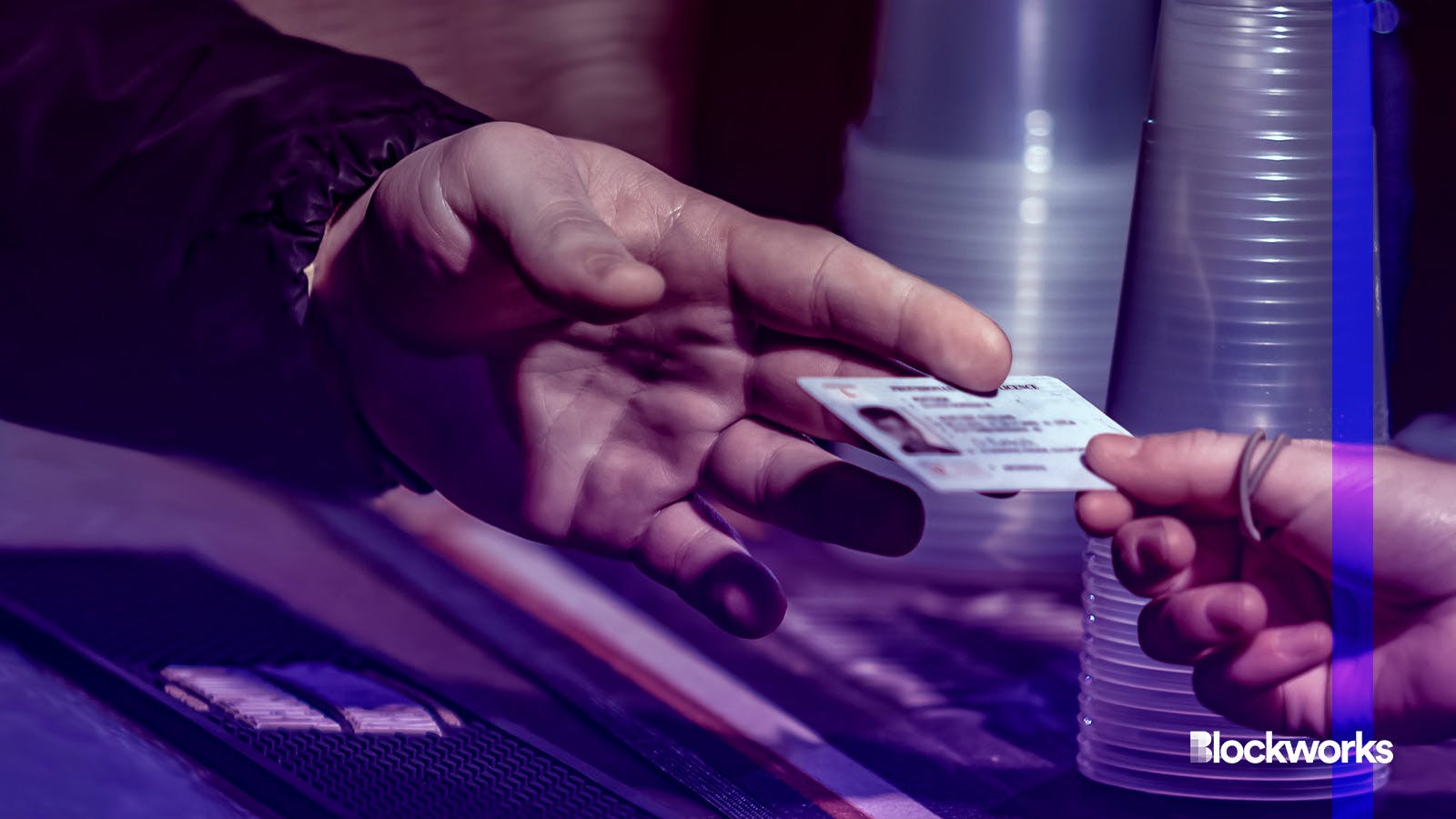Civic now has a physical ID card system to prevent AI identity fraud
Civic’s physical ID card system will be layered with the Civic Pass, a non-transferable identity token

Cup Of Spring/Shutterstock modified by Blockworks
Civic, an identity and access management solutions company, introduced a new physical ID card that Civic Pass holders can use to prove their identity and minimize the threat of AI driven identity fraud.
A Civic Pass is a non-transferable token, or soulbound identity token, that allows users to access decentralized applications and services by attesting that a user is a legitimate person.
As AI adoption becomes more mainstream, new types of AI technologies are now capable of creating realistic, imaginative scenes from text and instructions. This has allowed the fraudulent identity market to flourish, enabling individuals to produce fake IDs almost instantaneously.
Read from our opinion section: Web3 has an identity crisis on its hands
By having a physical ID card, users can protect themselves from a scheme called “face farming,” in which bad actors collect videos and selfies from a person they are trying to imitate and gain access to their online accounts.
Vinny Lingham, co-founder and Chair of the board at Civic, said in a press release reviewed by Blockworks that criminals are increasingly using AI technology to bypass checks and guardrails that society has been using.
“We’re very aware of the challenges that the rapidly evolving AI world poses to human identity verification…by launching our physical ID card, we’re taking real steps towards protecting against fraudulent activity that takes place digitally,” Lingham said.
Read more: Funding Wrap: Decentralized AI is all the craze
Civic’s personal physical ID card can be collected at a handful of physical addresses. Those who collect their IDs must undergo a verification process through an authorized provider. Users will also receive a new digital Civic Pass in their on-chain wallets, representing the soulbound token itself.
The existing Civic platform is being used by popular Web3 projects including Gitcoin, Passport, Polygon ID, Realms, Fantom, Metaplex, Solana, Polygon, Arbitrum, Avalanche, Base, Ethereum, Optimism and XDC.
Get the news in your inbox. Explore Blockworks newsletters:
- The Breakdown: Decoding crypto and the markets. Daily.
- 0xResearch: Alpha in your inbox. Think like an analyst.






